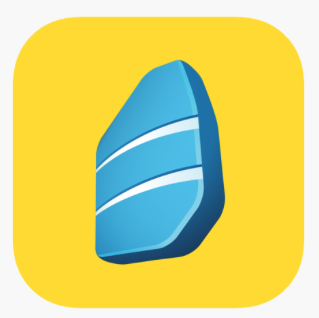
I was recently asked what the best apps for learning Spanish were, and since I haven’t learned Spanish through apps in a while, I wasn’t sure. So, I dove back into the world of language-learning apps to see if anything had changed.

Personally, I’ve used Duolingo for years. I went through the entire Spanish catalog during high school, even after they’d added more lessons. I liked that they taught vocabulary, but paired it with necessary grammar to teach a user how to create their own phrases. For memorizing vocabulary, I preferred Quizlet.
However, I wanted to make sure there weren’t any better or newer apps I was unaware of. So, with the capability of Duolingo in mind, I downloaded every Spanish-learning app I could find to test out.
I found a number of apps, but almost none turned out to be worth using because each required a paid subscription, paid lessons, or a paid app for the full app experience. Included below are two lists: apps you should look into, and apps not to bother with. Appy Learning!
Apps Worth Your Time (All without paying a cent)
Even after going through many apps, Duolingo still takes the cake (especially since it’s FREE). Firstly, a person at any level can start using Duolingo, as they offer a placement exam to bypass lessons a user already knows. Duolingo offers lessons, each in different difficulty tiers. To move up to the next tier, a user must complete each lesson in the tier they’re at, or take a qualifying exam that may give them a short-cut. Additionally, Duolingo is the only Spanish-learning app I’ve found that will accept multiple different answers for the translations of many phrases. If it doesn’t accept a correct phrase, there’s even an option to flag the question. If a user doesn’t understand why something is translated a certain way, each “question” has a button that refers users to a forum where experts answer questions and explain why certain answers are wrong. Duolingo’s incentive system and “gaming styled” interface also help to encourage daily practice through a streak system and “gem rewards” where users can buy “fun lessons” and other perks. Duolingo also has seamless integration between its app and website, meaning you can work on your language skills on a phone or laptop without losing any progress.

Although an obvious choice, Quizlet is really useful for nailing the vocabulary sections of each chapter test. Not only is it very easy to create your own study set, but it’s quite likely someone has already made the study set you need. Since Quizlet has such a large user base, every chapter of every language textbook (in my experience) seems to have a study set already made. Each study set has multiple learning options, from general flashcards to a space meteor game. I most recommend the learning mode because it’ll narrow the set down to vocabulary words you don’t know as well. It makes you type them and/or identify them until there’s a solid understanding. Quizlet is also completely free and works on mobile or the web!
Unlike Duolingo and Quizlet, Gritty Spanish doesn’t have a swanky interface with 1000+ ways to learn a single word. Gritty Spanish only offers one thing: audio of a conversation with English and Spanish transcripts, all simulating real-life conversations, such as “Drama on the F train,” “Club Security,” and “Facebook drama with girlfriend,” making the app an interesting way to possibly practice intermediate Spanish. I included this app because of its uniqueness in the field. If you’ve already gotten bored of Duolingo and Quizlet, maybe give Gritty Spanish a swing, and learn some more regional vocabulary.
Apps Not Worth Your Time (Or Money)

Rosetta Stone
While there is a free and paid plan, however this app stunts growth of free users and doesn’t allow any customization on what is being learned. (However, due to the COVID-19 pandemic, Rosetta Stone is offering a 3-month free trial to students).
Memrise
Also with free or paid options, Memrise’s entire interface is heavily vocab-focused. However, it doesn’t allow customization of the vocab being learned, making it much less useful for college students.
Babbel
Offering both free and paid versions, this app initially seems really cool, with its integration of listening, speaking, reading, and writing. Yet, it isn’t advanced enough to allow learning past memorization of phrases and words.
Drops & FluentU
These are simply two “free apps” working under the facade of giving you a week-long free trial before requiring a subscription.